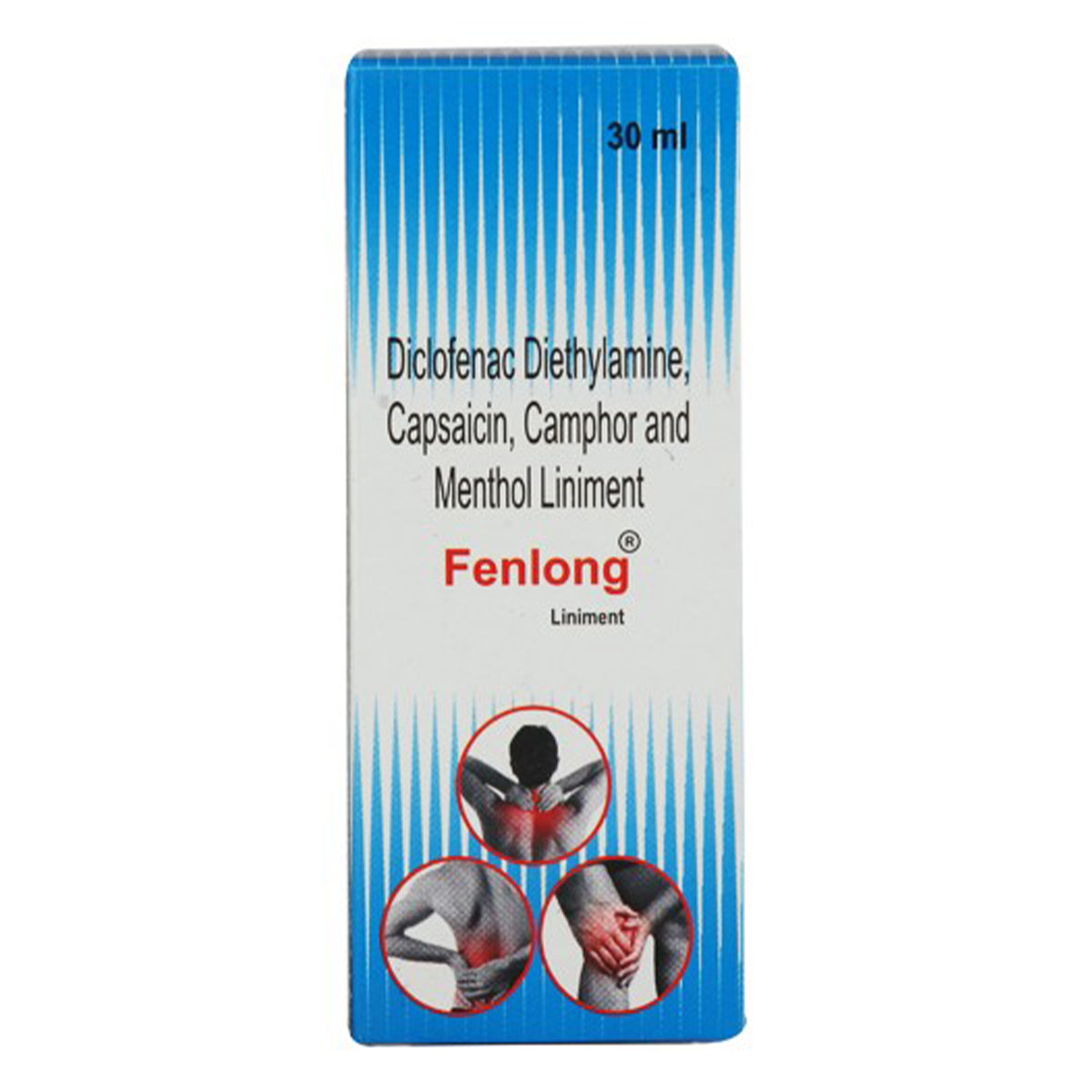Capsaicin
About Capsaicin
Capsaicin is used to relieve minor pain in joints and muscles like arthritis, muscle strains, backache, bruises, sprains, and cramps. It helps relieve pain following an attack of herpes zoster (shingles) and neuropathic pain.
Capsaicin contains capsaicin, which works by decreasing the activity of nerve cells and reducing the sensation of pain. It prevents the chemical messengers from sending the pain signal to the brain.
In some cases, Capsaicin may cause side effects such as irritation and a burning sensation at the site of application. Most of these side effects do not require medical attention and will resolve gradually over time. However, you are advised to talk to the doctor if the side effects persist or worsen.
Capsaicin is for external use only. Consult a doctor if you are pregnant or breastfeeding before using this medicine. Do not use Capsaicin on open wounds, damaged skin or with a heating pad. Avoid contact with eyes, nose and mucous membranes; rinse with water thoroughly in case of accidental contact.
Uses of Capsaicin
Medicinal Benefits
Capsaicin is used to relieve minor pain in joints and muscles like arthritis, muscle strains, backache, bruises, sprains, and cramps. It helps relieve pain following an attack of herpes zoster (shingles) and pain due to nerve damage caused by diabetes. Capsaicin contains capsaicin, a naturally occurring substance found in plants that works by decreasing the activity of nerve cells and reducing the sensation of pain. It prevents the chemical messengers from sending the pain signal to the brain.
Directions for Use
Storage
Side Effects of Capsaicin
- Itching
- Burning sensation
Drug Warnings
Do not use Capsaicin if you are allergic to any of its components. Consult your doctor if you are pregnant or breastfeeding. Avoid contact of Capsaicin with eyes, nose, mouth, irritated or broken skin; if contact occurs, rinse with water thoroughly. Do not use tight bandages after applying Capsaicin. Using Capsaicin on damaged, broken, cut, and infected areas is not recommended. Stop using Capsaicin and consult the doctor if the pain worsens, improves and then worsens, or if the pain lasts for more than seven days.
Drug Interactions
Drug-Drug Interactions: No interactions found/established.
Drug-Food Interactions: No interactions found/established.
Drug-Disease Interactions: No interactions found/established.
Drug-Drug Interactions Checker List:
Safety Advice

Alcohol
consult your doctorIt is unknown if alcohol interacts with Capsaicin. Please consult a doctor.

Pregnancy
consult your doctorLimited information is available. If you are pregnant, consult a doctor before using Capsaicin.

Breast Feeding
consult your doctorLimited information is available. If you are breastfeeding, consult a doctor before using Capsaicin.

Driving
not applicableCapsaicin is unlikely to alter your ability to drive.

Liver
consult your doctorIf you have a liver impairment or any concerns regarding this, please consult a doctor before using Capsaicin.

Kidney
consult your doctorIf you have a kidney impairment or any concerns regarding this, please consult a doctor before using Capsaicin.

Children
cautionCapsaicin is not suitable for use in children.
Habit Forming
Diet & Lifestyle Advise
- Exercising regularly helps in improving overall health and combating pain.
- Rest well and get plenty of sleep.
- Try taking a warm bath, as it can be soothing. It helps in increasing blood circulation, thereby decreasing numbness and pain.
- Meditation and yoga can help lower stress, decrease pain sensitivity and improve coping skills.
- Physical relaxation and massages can be helpful in providing symptomatic relief.
- Acupuncture can be helpful by stimulating pressure points.
- Using essential oils for massages can help increase circulation and boost healing.
Special Advise
- Wash your hands immediately after using Capsaicin unless your hands are the treated area. In such a case, wash your hands 30 minutes after applying Capsaicin.
- Do not use direct heat on the affected area, such as heating pads, hair dryers, heat lamps, or electric blankets.
Patients Concern
Disease/Condition Glossary
Pain: Pain is a symptom triggered by the nervous system, causing uncomfortable sensations in the body. Pain can be generalized (overall body aches) or localised (affecting a specific area of the body). The common causes of pain include headache, muscle strain, cramps, fractures, nerve damage, arthritis, and injury.
FAQs
Capsaicin works by decreasing the activity of nerve cells and reducing the sensation of pain.
Avoid inhaling vapours or dried residue of Capsaicin as it may cause irritation to the eyes, breathing difficulties, coughing, tearing, sneezing, throat and respiratory irritation.
Do not apply Capsaicin immediately before or after bathing, showering, swimming, or vigorous exercise, as this might increase the burning sensation.
Capsaicin might make your skin sensitive to sunlight. Therefore, wear protective clothing and sunscreen and avoid prolonged or unnecessary exposure to sunlight.





